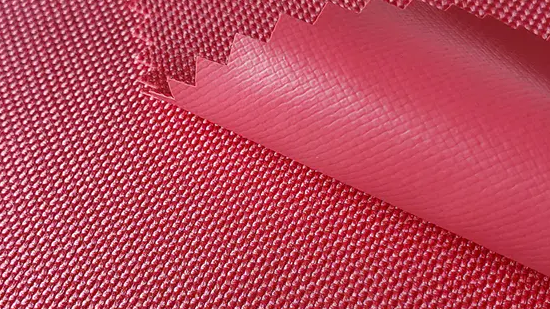Recycled polyester fabric has gained increasing attention in the textile industry as a sustainable alternative to conventional polyester. From the manufacturing standpoint, producing recycled polyester involves several technical and operational considerations that impact both quality and efficiency.
The manufacturing process begins with collecting and processing post-consumer or post-industrial plastic waste, primarily polyethylene terephthalate (PET) bottles or textile scraps. These materials are sorted, cleaned, and shredded into flakes before being melted and extruded into fibers. Maintaining the cleanliness and consistency of the raw input is crucial to ensure the resulting recycled polyester fabric meets desired standards.
One of the key challenges for manufacturers is managing the variability in raw materials. Since recycled inputs come from diverse sources, there can be differences in color, contaminants, and physical properties. Effective sorting and quality control procedures are implemented to minimize these inconsistencies. Additionally, manufacturers may blend recycled polyester with virgin fibers to improve performance or achieve specific fabric characteristics.
Energy efficiency is another important factor in the production of recycled polyester fabric. Compared to virgin polyester, the recycling process generally consumes less energy and reduces carbon emissions. However, manufacturers continuously seek to optimize machinery, reduce waste, and improve production techniques to further enhance environmental benefits while maintaining cost-effectiveness.
Another consideration is the durability and performance of recycled polyester fabric. Manufacturers focus on refining spinning and weaving processes to ensure the fabric exhibits strength, flexibility, and resistance to wear comparable to non-recycled polyester. Advances in textile technology also allow for treatments that improve softness, moisture management, and other functional qualities desired by end users.
Sustainability requirements often extend beyond the fabric itself to the entire supply chain. Manufacturers work closely with suppliers to verify the source of recycled materials and ensure compliance with environmental standards. Traceability and certification processes are important for maintaining transparency and meeting the expectations of brands and consumers who prioritize eco-friendly products.
From a cost perspective, recycled polyester fabric production involves balancing raw material expenses with processing costs. While recycled materials can sometimes be more affordable than virgin polyester, additional steps such as cleaning and sorting may increase operational complexity. Manufacturers aim to optimize these processes to offer recycled fabrics at competitive prices without compromising quality.
Innovation is also a focus area within recycled polyester manufacturing. Research into new recycling technologies, such as chemical recycling or advanced sorting methods, holds potential for improving the quality and scalability of recycled fibers. Manufacturers invest in adapting their equipment and expertise to incorporate these advancements and respond to evolving market demands.
In conclusion, producing recycled polyester fabric involves addressing challenges related to raw material variability, energy efficiency, fabric performance, and supply chain transparency. Manufacturers play a vital role in advancing sustainable textile production by continuously improving processes and materials. Their efforts contribute to providing recycled polyester fabrics that meet industry needs while supporting environmental goals.
